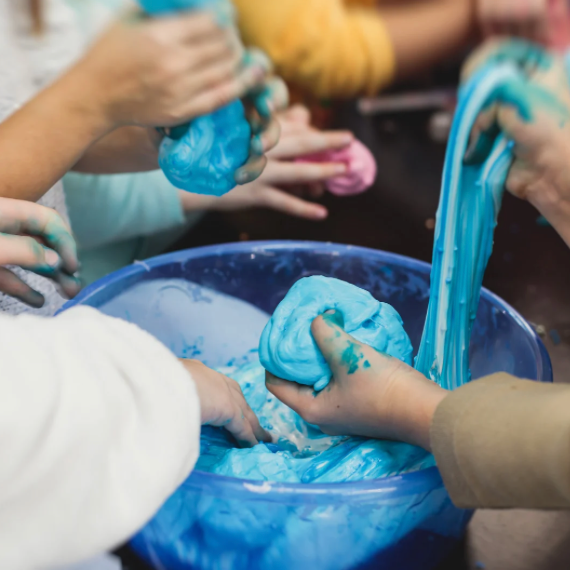Research -- StepUp to Learn
These Early Learning Profiles Predicted Math Achievement
Researchers analyzed early cognitive profiles and found that these factors strongly predict future math achievement.
Memory and Motivation: Do Rewards Help or Hinder?
Researchers explore how reward cues shape engagement and discover that timing makes all the difference.
The Paradox of Self-Testing: Getting the Most from Retrieval Practice
Why students who are most likely to benefit from self-testing strategies are least likely to use them.
Why Letting Kids Struggle Can Boost Their Skills
Giving too much help—especially in tough subjects like math—could be doing more harm than good.
Live Dance Sparks Brainwave Synchrony
New study suggests that the magic of live performance art may be reflected in our brains.
The Dopamine Clock: How Your Brain Predicts When You'll Feel Good
Scientists found that dopamine-producing neurons forecast not only reward, but its timing—some fire for immediate rewards, others for future ones
Rethinking Visual Aids: How Decorative Images Impact Learning
Researchers challenge a widely held belief that decorative images hinder learning.
Harnessing the Power of Rough Drafts in Math
How educators are helping kids become more effective and confident problem-solvers.
Creativity Boosts Literacy and Numeracy Scores
Students who think outside the box are more likely to excel in literacy and numeracy assessments.
Studying Wikipedia Browsing Habits to Learn How People Learn
Researchers discover cultural drivers of curiosity and learning.
Heads Up, Teachers! How Your Posture Hurts or Helps Student Engagement
Brain-Imaging Study Reveals Curiosity as it Emerges
In a first, researchers link subjective feelings of curiosity to the way the brain physically represents it.
-
Previous
- Page 1 of 12
- Next












